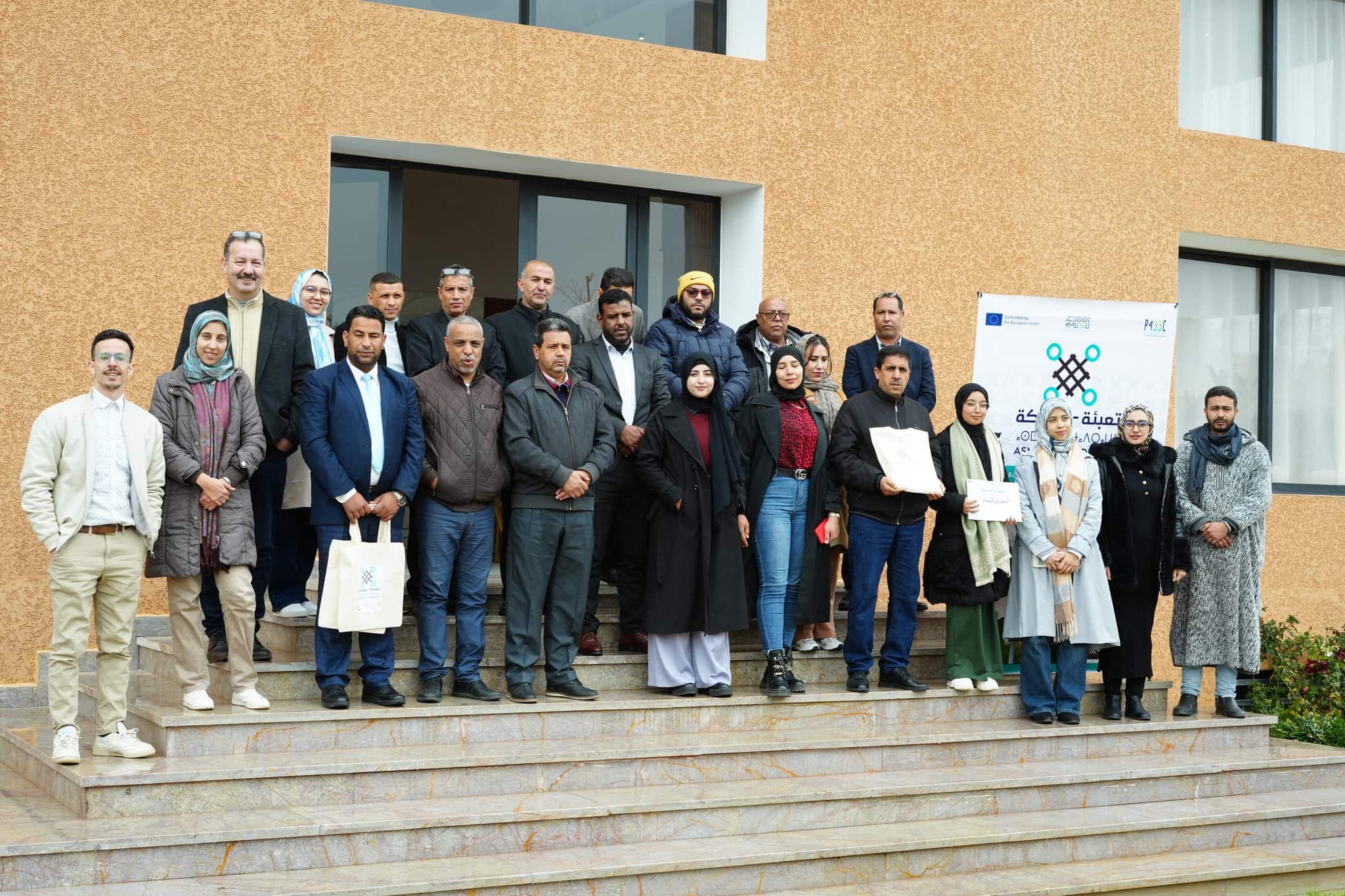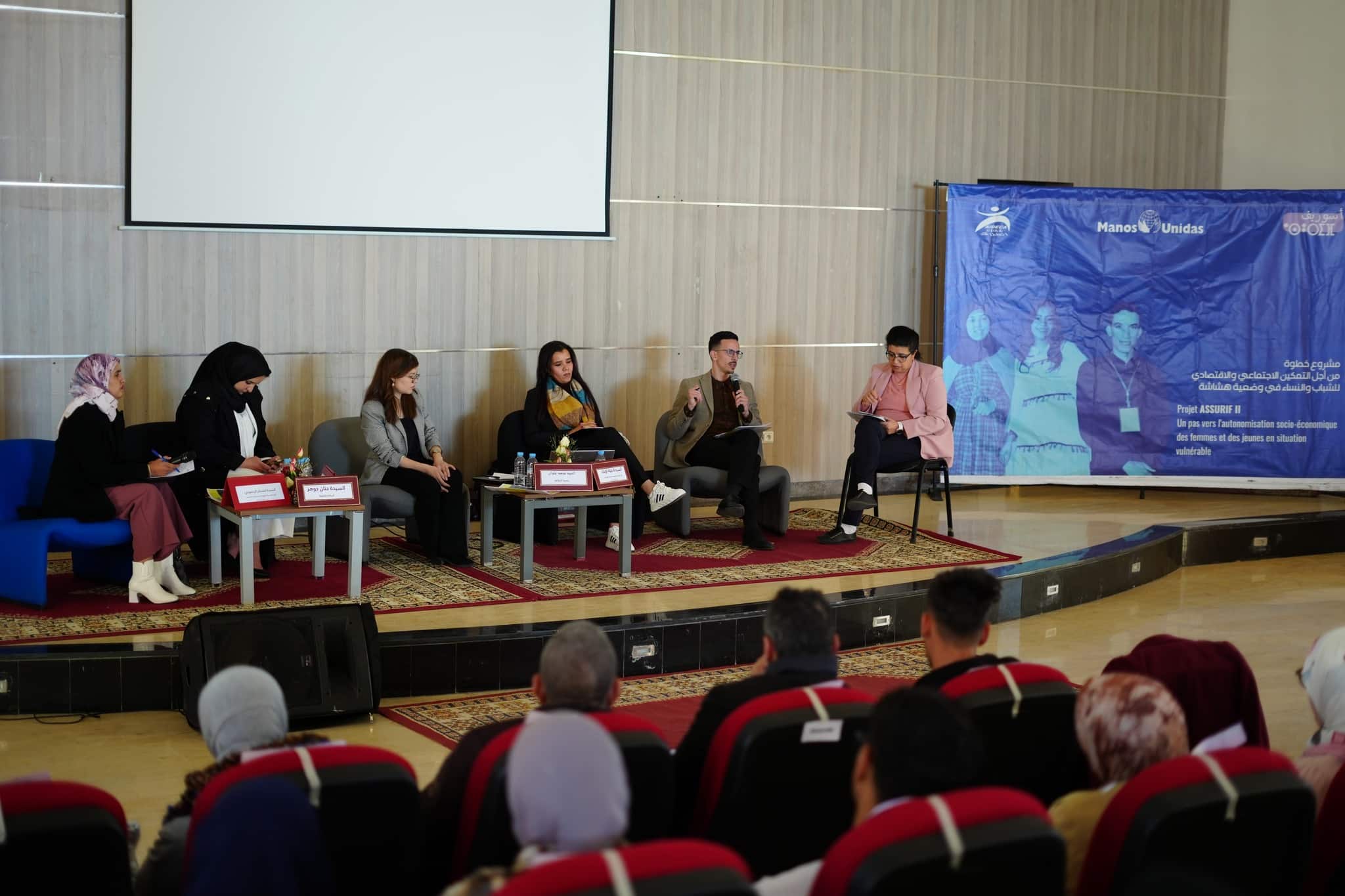Climate resilience
Discover AIDECA's initiatives in climate resilience.
Key Projects
Initiatives that are making a difference in the Béni Mellal-Khénifra region
ASTA - Towards Inclusive Territorial Public Policies for Climate Change Adaptation
ASTA aims to promote inclusive territorial public policies for climate change adaptation in the Beni Mellal-Khénifra region.
Latest Articles
Stories and updates from our work in this area


socio-economic-inclusion 2/11/2025
Regional Research Findings on Green Entrepreneurship in Béni Mellal-Khénifra
Read Full Article
About Climate resilience
Our climate resilience initiatives are designed to create lasting impact in the Béni Mellal Khénifra region.
